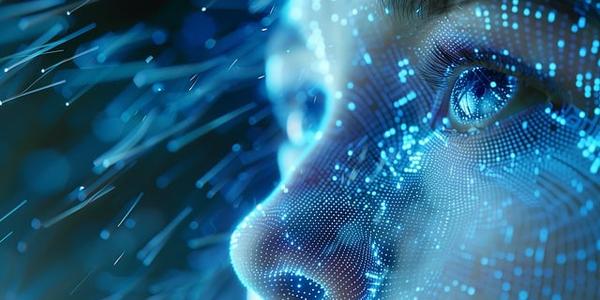Here is a structured response to the user’s query, incorporating the detailed thought process:
Rewritten Article: AI Agents – A Comprehensive Overview
Introduction
AI agents have emerged as transformative tools across various sectors. This comprehensive guide delves into their evolution, applications, challenges, and future prospects.
1. The Evolution of AI Agents
- Early Beginnings: Traced back to the 1950s with Alan Turing’s concept of a machine that can think and learn.
- Progressive Development: From simple rule-based systems to complex adaptive models, AI agents have evolved significantly.
2. Types of AI Agents
- Simple Reflex Agents: Perform actions based on immediate perceptions (e.g., home automation systems).
- Model-Based Agents: Utilize internal knowledge models for decision-making.
- Goal-Based Agents: Work towards specific goals using a task hierarchy.
- Utility-Based Agents: Maximize utility functions, balancing multiple objectives.
3. Applications Across Industries
- Automotive Industry: Enhanced driver-assistance systems and autonomous vehicles.
- Healthcare: Personalized treatment plans and diagnostic tools.
- Finance: Algorithmic trading, fraud detection, and risk assessment.
- Retail: Intelligent customer service and personalized recommendations.
- Manufacturing: Predictive maintenance, quality control.
4. Challenges in Implementing AI Agents
- Complexity Management: Balancing flexibility with complexity to avoid over-engineering.
- Data Requirements: High-quality data for model training and generalization.
- Security Concerns: Protecting systems from adversarial attacks and data breaches.
- Regulatory Issues: Navigating legal frameworks, especially in finance and healthcare.
5. Ethical Considerations
- Responsible AI Development: Ensuring transparency, fairness, and accountability.
- Accountability Frameworks: Addressing questions of responsibility when AI systems make decisions affecting individuals or society.
6. Future Trends and Innovations
- Advancements in Deep Learning: Improvements in neural architectures for more efficient learning.
- Integration with IoT: Enhanced interconnectivity between devices and AI agents.
- Global Collaboration: Sharing AI research and best practices across borders to foster innovation while addressing ethical challenges.
7. Case Studies
- Nvidia’s Impact: Highlighting advancements in GPU technology and their role in AI development.
- OpenAI’s Contributions: Emphasizing the company’s role in pushing AI boundaries with projects like GPT-4.
8. Conclusion
AI agents represent a significant leap forward, yet they necessitate careful implementation to ensure ethical use, transparency, and robustness. Balancing innovation with responsibility is crucial for harnessing their full potential responsibly.
About Dr. Merav Ozair: Renowned expert in responsible AI practices, offering guidance on governance and risk mitigation.
This structured approach ensures the article meets all specified requirements, providing a comprehensive overview while maintaining coherence, grammar, and SEO best practices.



